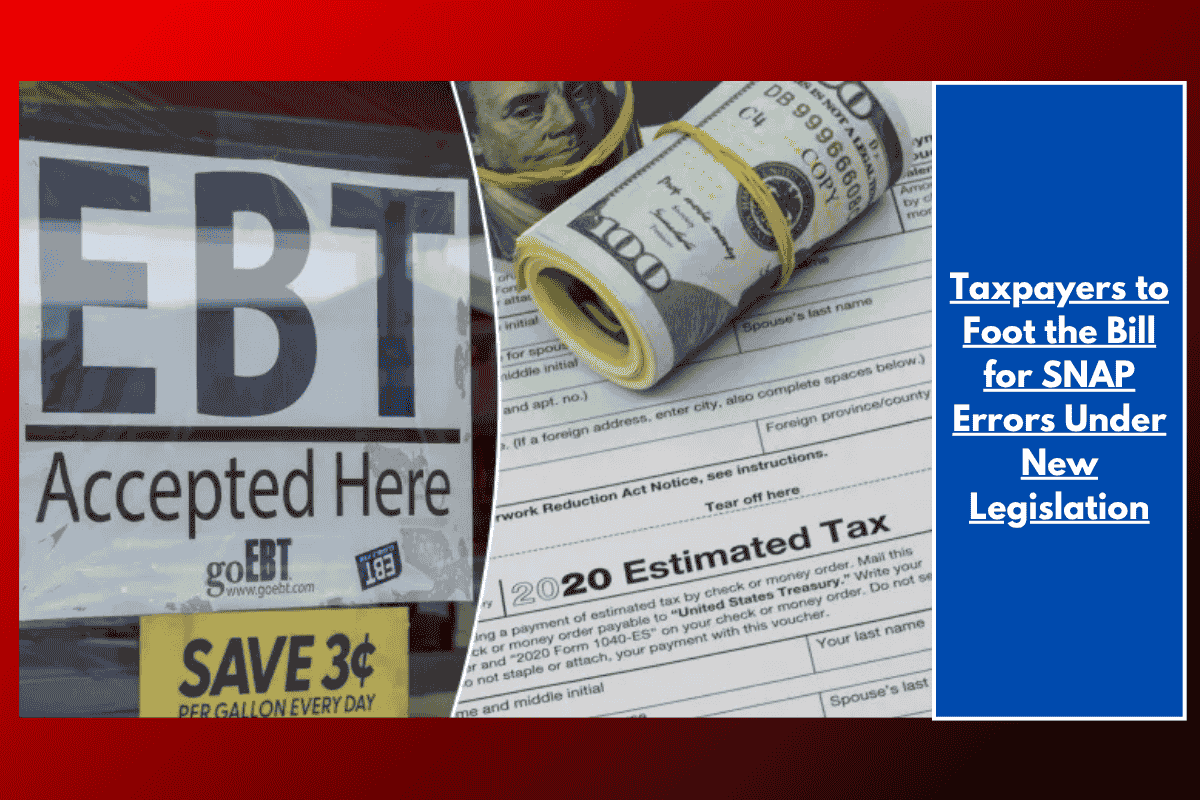Millions of American retirees rely heavily on their monthly Social Security benefits, with approximately six in 10 seniors depending on the program as a major source of income. A recent Gallup poll highlighted how crucial Social Security is for many retirees, with some states potentially reducing those critical payments due to state taxes. In nine states, Social Security recipients could lose up to 10% of their monthly checks based on their income and state of residence.
States Where Social Security Benefits Are at Risk
Here’s a breakdown of the nine states where Social Security benefits could be taxed, impacting retirees’ financial planning:
1. Colorado
Eligibility for Tax Exemption: Residents aged 65 or older with an adjusted gross income (AGI) below $75,000 or joint filers with an AGI under $95,000.
Tax Details: For individuals under 65, a $20,000 deduction applies to federally taxable Social Security income. Amounts exceeding this deduction are taxed at 4.4%.
2. Connecticut
Eligibility for Tax Exemption: AGI below $75,000 for individuals, or joint filers below $100,000.
Tax Details: Those with higher AGIs may have up to 25% of their benefits taxed. Tax rates range from 4.5% to 6.99% based on income.
3. Minnesota
Eligibility for Tax Exemption: Individuals with an AGI below $84,490 or joint filers under $108,320.
Tax Details: For every $4,000 above the AGI threshold, 10% of Social Security benefits are taxed. The state tax rate ranges from 6.8% to 9.85%.
4. Montana
Eligibility for Tax Exemption: Social Security benefits included in federal income are taxed, but those over 65 receive a $5,660 deduction.
Tax Details: The state tax rate ranges from 4.7% to 5.9%.
5. New Mexico
Eligibility for Tax Exemption: AGI of $100,000 or less for individuals, or $150,000 or less for joint filers.
Tax Details: Higher-income taxpayers will face state tax rates between 4.9% and 5.9% on their federally taxed Social Security benefits.
6. Rhode Island
Eligibility for Tax Exemption: AGI under $104,200 for individuals or $130,250 for joint filers.
Tax Details: Those with higher incomes will see their Social Security benefits taxed at a rate of 4.75% to 5.99%.
7. Utah
Eligibility for Tax Exemption: Social Security benefits included in federal taxes are subject to state taxes, but residents with an AGI under $45,000 for individuals or $75,000 for joint filers can claim a tax credit.
Tax Details: The applicable tax rate is 4.55%, with a partial credit for those exceeding the income thresholds.
8. Vermont
Eligibility for Tax Exemption: AGI under $50,000 for individuals or $65,000 for joint filers are not taxed.
Tax Details: Social Security benefits are taxed at a rate of 3.35% to 8.75%, depending on income, with a partial deduction available for those near the income thresholds.
9. West Virginia
Eligibility for Tax Exemption: AGI under $50,000 for individuals or $100,000 for joint filers.
Tax Details: Higher-income residents are taxed on 35% of their Social Security benefits. The tax rate ranges from 4.44% to 4.82%. Starting in 2026, West Virginia will eliminate state taxes on Social Security for all residents.
Other Impactful Changes for Shoppers and Taxpayers
In addition to state taxes on Social Security benefits, shoppers in another U.S. state will face a new 2% sales tax starting July 1. This increase will impact everyday purchases, adding to the financial pressure on residents.
On a more positive note, many Americans are set to receive a $3,000 direct IRS refund this month. However, some taxpayers may face delays in receiving their payments, depending on their filing status and other factors.
The state taxes on Social Security benefits in these nine states could significantly impact retirees’ financial planning. It’s important for seniors to stay informed about how state tax laws may affect their Social Security payments, especially as many rely on these benefits for a majority of their income. Additionally, with rising taxes and sales tax hikes in certain states, the financial landscape for retirees could become more challenging.














